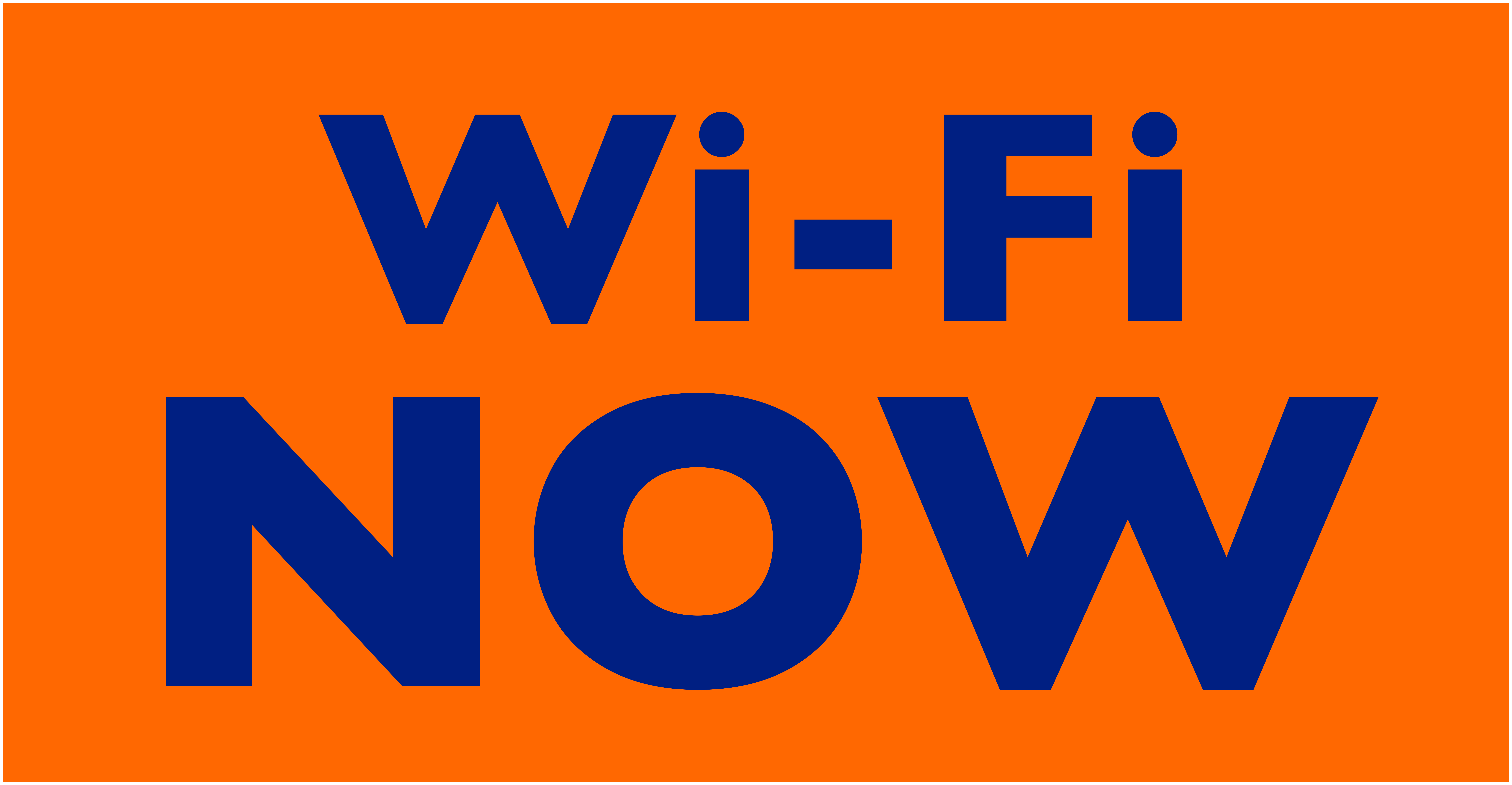

Carriers and some big vendors – like our sponsor Qualcomm – are eyeing the unlicensed (Wi-Fi) bands as they start feeling the capacity crunch. And it’s understandable that 600 MHz of ‘free spectrum’ looks like an attractive asset. And it is.
Right now, Wi-Fi is delivering some 80% of the traffic that runs on smartphone devices (4G) and of course 100% of non-SIM devices. According to lobby group WiFiForward, Wi-Fi generated more than $300 billion of economic value in the US alone in 2013. Even though Wi-Fi doesn’t come close to the $3.3 trillion in revenues for the mobile industry, the utility value of Wi-Fi is indisputable.
That’s why we believe that the Wi-Fi industry need to view LTE-U/LAA as a significant risk to the continued growth of Wi-Fi. The big question is of course whether or not prospective LTE-U/LAA services would interfere and degrade Wi-Fi services, which have a long history of fair sharing of the airwaves. Right now the industry is extremely divided on the issue: Big cellular vendors on one side – like Ericsson, Nokia, Qualcomm – and the Wi-Fi industry on the other side. At Wi-Fi NOW we want to take the lead in this debate.
We want to bring the debate out in the open and we will be doing just that in Amsterdam. Watch this space for more information – but rest assured, it will be dealt with fairly and openly.
Also read my blog on how Wi-Fi is taking more & more traffic away from mobile here.
Hi Claus, thanks for your many contributions to the growth of WiFi.
I agree LTE-U & LAA is a threat to WiFi. The threat comes via a concerted effort by the LTE vendors and Larger mobile operators.
The vendors want to continue and expand the lucrative capacity licensing regimes they have imposed on equipment service licensed spectrum. These regimes are contributing significant revenues to vendor revenues.
Large mobile operators support LTE-U and LAA, perversely, because vendor capacity licensing regimes hurt smaller operators more than larger operators. Larger operators have more bargaining power with vendors and thus can negotiate better licensing terms.
The lack of cooperation between the LTE-U supports and the existing WiFI industry is further evidence of malign intent.
The WiFi industry needs to lobby regulators to force independent interoperability testing before allowing LTE-U to be put into service. The LTE-U vendors are already lobbying to allow the service.
Thanks,
Russell Lundberg
[email protected]
Bangkok
Totally agree with that, Russell. Thanks for commenting 🙂